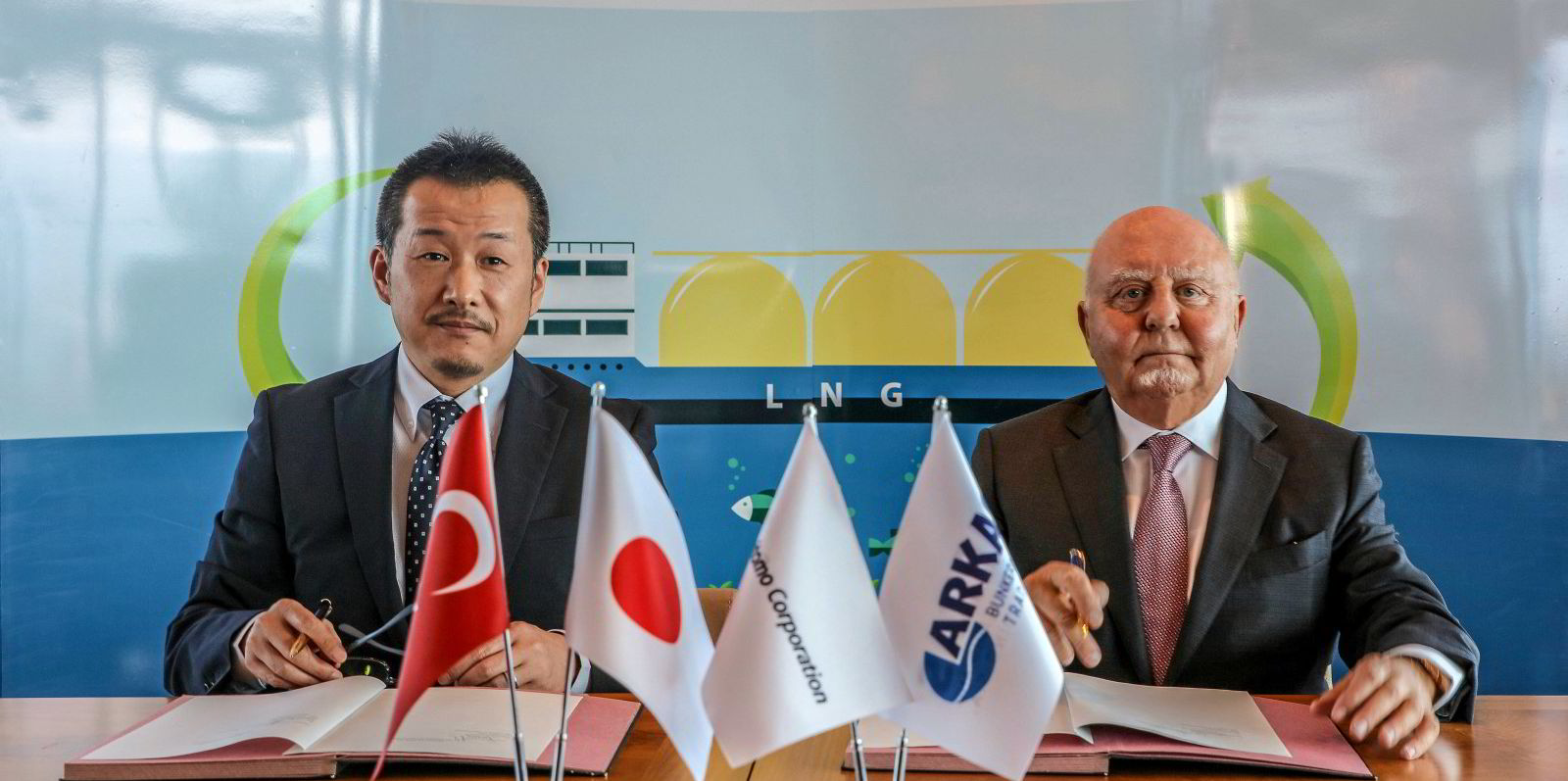Turkish shipowners have been raising their game by buying, selling or ordering more than 40 ships in confirmed transactions so far this year — more than they did in the full year of either 2019 or 2020.
More remarkable is the balance between buyers and sellers. Turkish outfits have seldom been so unanimous in their view that the time has come to expand.
Out of the 32 confirmed secondhand transactions compiled by TradeWinds in 2021, Turkish players have been buyers in 29.
The buyer/seller ratio was less skewed in 2020, when they were on the buying side 71% of the time. In 2019, the ratio was in near balance, with buyers outweighing sellers by just 52% to 48%.
Bulkers have been the focus of recent deals, which is hardly a surprise as this is a traditional arena for Turkish players. Modern Turkish shipping started in short-haul trades and has been expanding into oceangoing routes since.
Early birds
Like their high-profile Greek peers, Turkish owners started investing early in the latest market cycle.
Companies based in Turkey or with Turkish backgrounds — such as Densay Shipping, Manta Denizcilik, Kopuzlar Shipping and Aksoy Shipping — acquired handysizes and supramaxes in the second half of last year and have since seen vessel values soar.
Some have already cashed in. As TradeWinds reported, low-profile owner Gokhan Ozcan doubled his investment in a handysize bulker in less than a year, selling it to Greece’s Costamare.
Encouraged by stellar dry bulk freight rates, bigger Turkish companies entered the fray confidently this year. This includes Ciner Shipping Industry & Trading, Yasa Shipping, Beks Ship Management & Trading, Devbulk and Canbaz Shipping.

This activity has included a fair amount of newbuildings, with Yasa, Ciner and Akmar turning to Chinese yards.
Financing details have yet to emerge but it is fair to assume that at least some of that activity was backed by Chinese finance.
Turkish companies have benefited greatly from the Far East's recent advances in ship lending. Firms such as Ciner and Arkas Holdings are known to have clinched such deals.
This has helped them replace European lenders, which have grown more hesitant towards shipping in general and to Turkey in particular.
Their reluctance is partly due to the wobbly Turkish economy that has been weighed down by a slide in the local currency — the lira — and the fallout of the Covid-19 pandemic.
However, despite the occasional scare, the Turkish economy has been chugging along. The expansionary appetite displayed by some Turkish shipping companies is a case in point.
Many of them are part of business conglomerates with considerable exposure to the local economy. It is unlikely they would be confident to expand at sea without feeling at least some sort of security about their onshore business.
Even in super tankers
Turkish players have even dared to venture into shipping areas in which their presence has been rather thin to date.
In April, Yasa emerged as the buyer of a VLCC from the gradual wind-down of the fleet of Xihe Group. Only one other company with a Turkish background — Switzerland-based Advantage Tankers — is known to have owned VLCCs.
The Bekmezci family has made a remarkable shipping comeback with at least three acquisitions, which spanned bulkers and a tanker.
Looking outside traditional S&P and newbuildings, some Turkish players are busy building for the future. Arkas, a powerhouse in short-haul containership trade in the region, in September bolstered a cooperation with Japan’s Sumitomo to bring LNG bunkering to the country.
The data referred to in this article concern bulkers with a capacity of more than 25,000 dwt, as well as tankers and containerships.






